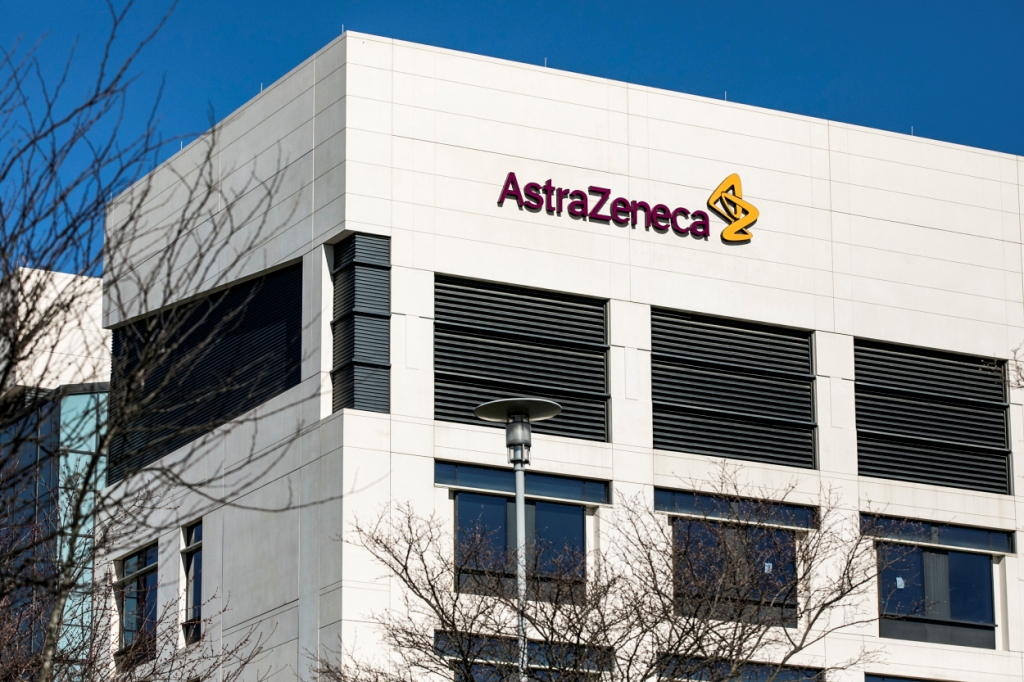Human beings surely have a lot in their bag, but if we are being honest, we don’t have a trait more valuable than that tendency of ours to grow on a consistent basis. This is because the stated tendency has already fetched us some huge milestones, with technology appearing as a major member of the group. The main reason why we hold technology in such a high regard is down to its skill-set, which ushered us towards a reality that we couldn’t have imagined otherwise. Nevertheless, a slightly closer look would reveal how the whole runner was also very much inspired by the way we applied those across a real-world environment. The latter component was, in fact, what gave the creation a spectrum-wide presence, including a timely appearance on our healthcare block. Technology’s foray into healthcare was perfect with its timing, as it came right when the sector was beginning to struggle against its own obsolete structure. This reality, fortunately for us, went through a complete overhaul under the new regime, but even after achieving such a monumental feat, the new and budding medtech concept will somehow keep on bringing all the right goods to the table. The same has turned more and more evident in recent times, and assuming everything goes just like how it is envisioned, a new acquisition will only make that trend bigger and better moving forward.
AstraZeneca is officially set to acquire Neogene Therapeutics, a global clinical-stage biotechnology company pioneering the discovery, development and manufacturing of next-generation T-cell receptor therapies (TCR-Ts), for a total fee of around $320 million. Under the agreed terms, the pharmaceutical giant will pay $200 million upfront, while the remaining $120 million will be contingent upon several regulatory and sales milestones. Talk about why the company particularly picked Neogene, it was due to the latter’s ambition of using T cell receptor-therapies (TCR-Ts) to treat solid tumors. You see, despite being pretty groundbreaking in their nature, TCR-Ts are largely restricted to modifying the immune system’s T cells to recognize proteins expressed on the surface of cancer cells. Neogene’s technology, however, has shown that it can recognize intracellular targets, including cancer-specific mutations, as well. By doing so, the company’s therapeutic bid is able to unlock previously inaccessible targets, and therefore, solve more severe cases of cancer.
When quizzed regarding the acquisition, Susan Galbraith, Executive Vice President, Oncology R&D, AstraZeneca, said:
“This acquisition represents a unique opportunity to bring innovative science and leading experts in T-cell receptor biology and cell therapy manufacturing together with our internal oncology cell therapy team, unlocking new ways to target cancer. Neogene’s leading TCR discovery capabilities and extensive manufacturing experience complement the cell therapy capability we have built over the last three years and allow us to accelerate the development of potentially curative cell therapies for the benefit of patients.”
The multi-million dollar deal, interestingly enough, coincides with Neogene moving its lead program, NT-125, to the clinical testing phase. NT-125 is basically a therapy conceived to carry a maximum of five neoantigen-specific TCRs, a payload that should significantly dampen tumor’s chances of holding up against the treatment.
With all the relevant terms hashed out, both companies are now expected to formalize the deal in the first quarter of 2023.


















